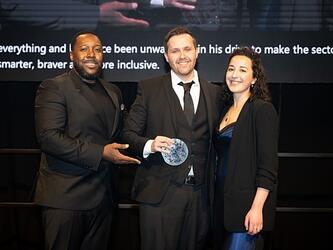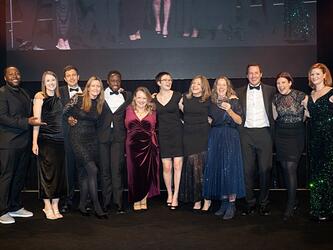Beyond polling
We took part in a discussion on the Guardian’s website today about careers in political polling and market research. In response to a questioner who asked about how the industry’s ability to recruit might be affected if pollsters fail to predict the election result accurately, we suggested it might be pretty damaging.
But Helen Porter from Insight Research Group said: “I think we’ve got to remember that market research is a broad church and covers the whole spectrum of eliciting comment, opinion, values, beliefs and behaviour via many different methodologies and media. Pollsters getting it wrong may cast a poor light on us researchers initially, but also might actually give greater weight to gaining a better understanding via an in-depth MR project! I’ll bet that the majority of marketing teams on successful brands won’t allow misleading political polls influence their perception of MR over and above the invaluable strategic recommendations that a well-designed project has brought them.”
So what examples are there of election-based research that goes beyond “If there were an election tomorrow…” and reflects the breadth of the industry? Quite a few, actually.
Mesh Planning has been working on a study of voter ‘experience’, which could lead to better understanding of how floating voters make their decisions.
Today Added Value published results of a study of ‘political brand personalities’. Gordon Brown, they say, could learn from Microsoft, which has managed to combine its “authoritative reach” and “professional expertise” with a fresh, optimistic and relevant feel. David Cameron is rather like HSBC, with authority and control combined with warmth and dependability, while Nick Clegg is like the Sainsburys’ ad campaigns featuring Jamie Oliver.
Conquest Research got coverage on national TV with its InfeXious tool, which was used to gauge emotional responses to the first leaders’ debate. Clegg seemed to come out looking best, being described by survey participants as ‘friendly’ and ‘relaxed’, while Cameron came across as ‘ambitious’ and ‘smarmy’ and Gordon Brown was ‘predictable’ and ‘boring’.
ORB have helped in the development of Votematch.org.uk, one of various sites that presents a survey based on parties’ policies, then tells users how they should vote based on their answers.
There are more that we don’t have time to write about today. But clearly research is making efforts to use the election to advertise its full potential.

We hope you enjoyed this article.
Research Live is published by MRS.
The Market Research Society (MRS) exists to promote and protect the research sector, showcasing how research delivers impact for businesses and government.
Members of MRS enjoy many benefits including tailoured policy guidance, discounts on training and conferences, and access to member-only content.
For example, there's an archive of winning case studies from over a decade of MRS Awards.
Find out more about the benefits of joining MRS here.













0 Comments